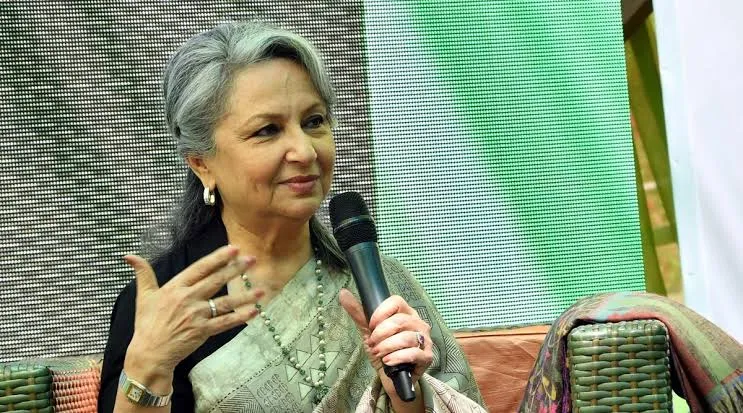Canada’s federal police have leveled serious accusations against Indian diplomats and consular staff, alleging their involvement in “clandestine” and “criminal” activities within the country. The allegations, which include murders and assaults, follow the expulsion of senior diplomats from both nations amid an escalating geopolitical conflict. The Royal Canadian Mounted Police (RCMP) announced these claims during a hastily convened press conference, revealing evidence of agents acting on behalf of the Indian government.
Evidence of Coercive Actions
RCMP Commissioner Mike Duheme shared alarming details about the ongoing investigations, stating that Indian diplomats and consular officials have reportedly leveraged their official positions to engage in covert operations. “Investigations have revealed that Indian diplomats and consular officials based in Canada leveraged their official positions to engage in clandestine activities, such as collecting information for the government of India, either directly or through their proxies; and other individuals who acted voluntarily or through coercion,” Duheme explained.
These assertions mark the first official insight from Canadian authorities into the alleged operations of Indian officials on Canadian soil. The backdrop to these accusations centers around the assassination of prominent Sikh leader Hardeep Singh Nijjar, which Prime Minister Justin Trudeau publicly linked to the Indian government.
Accusations of Transnational Terrorism
The situation has sparked outrage among activists, who have accused India of orchestrating a campaign of “transnational terrorism” against Sikh communities. Although Commissioner Duheme did not specify the number of killings connected to Indian officials in Canada, he noted that the “breadth and depth of criminal activity” posed a significant threat to the safety of Canadian citizens.
During the past weekend, senior Canadian national security officials briefed their Indian counterparts about the findings of their investigation. Reports suggest that these discussions included evidence allegedly implicating India’s High Commissioner Sanjay Kumar Verma in Nijjar’s murder, raising serious concerns about the involvement of high-ranking diplomats.
Diplomatic Repercussions
In response to these allegations, India’s foreign ministry expressed a lack of trust in the Canadian government’s ability to ensure the safety of its diplomats. The ministry announced that it would withdraw its high commissioner and other targeted diplomats from Canada. In retaliation, India expelled six top Canadian diplomats from New Delhi.
However, Canadian media outlets, including the Globe and Mail and the Associated Press, have reported that it was Canada that first expelled the Indian diplomats after evidence linked them to Nijjar’s assassination. This incident, which took place outside a gurdwara in Surrey, British Columbia, in June of the previous year, intensified the already fraught diplomatic relations between the two countries.
Trudeau’s Bold Accusations
The assassination of Nijjar, a vocal advocate for the Khalistan movement, which seeks an independent homeland for Sikhs and is banned in India, has had significant political repercussions. Following the murder, Prime Minister Trudeau made the unprecedented move of publicly asserting that there were “credible allegations” of Indian government involvement in Nijjar’s killing. India vehemently denied these charges, dismissing them as “absurd.”
On Monday, India’s foreign ministry reiterated its position, stating it “strongly rejects these preposterous imputations” after a diplomatic communication from Canada indicated that Indian diplomats were labeled as “persons of interest” in the Nijjar investigation. The Indian government characterized the accusations as “ludicrous” and summoned Canada’s chargé d’affaires in New Delhi to express its discontent over the treatment of its diplomats.
Political Tensions and Allegations of a Smear Campaign
The Indian ministry spokesperson accused Trudeau’s administration of pursuing a political agenda, alleging that Canada has failed to provide further evidence of Indian state involvement in Nijjar’s assassination since the initial allegations were made in September 2023. “This leaves little doubt that on the pretext of an investigation, there is a deliberate strategy of smearing India for political gains,” the spokesperson asserted.
Canadian media reports indicate that the Canadian government did present evidence to Indian officials last week, but this was met with denials from the Modi administration. The chilling impact of Nijjar’s murder on diplomatic relations between India and Canada has been profound, with accusations emerging of a broader campaign by the Indian government to eliminate perceived threats to its sovereignty.
International Implications of the Accusations
The situation has also drawn international attention, with reports surfacing about attempts by Indian officials to assassinate Sikh separatist leaders outside India. Notably, U.S. agencies recently thwarted an assassination attempt on Gurpatwant Singh Pannun, a Sikh activist and dual citizen of the U.S. and Canada, allegedly orchestrated by Indian government operatives.
In a troubling development, prominent Sikh Khalistani activists residing in the U.S., Canada, and the U.K. have reported receiving warnings about threats to their lives, further fueling concerns about the Indian government’s reach. The White House has stated it takes these allegations seriously, emphasizing that the issue has been raised at the highest levels of the Indian government.
In May, three Indian nationals living in Canada were charged with Nijjar’s murder, yet Canadian police have clarified that the investigation is ongoing and includes examining possible connections to the Indian government. As tensions continue to rise, the diplomatic landscape between India and Canada remains precarious, with the international community closely monitoring the situation.






















